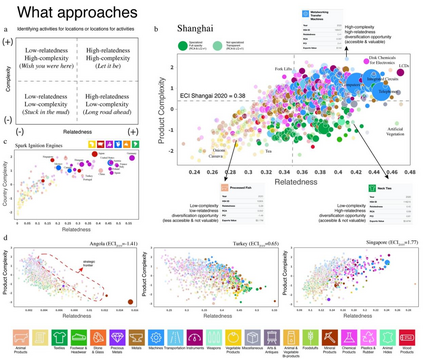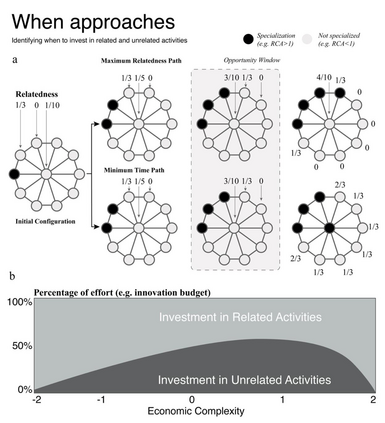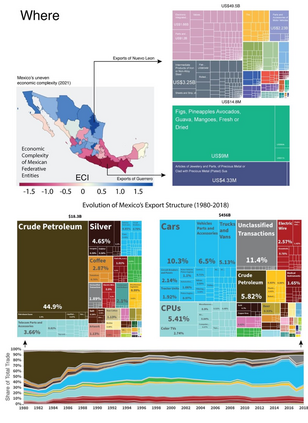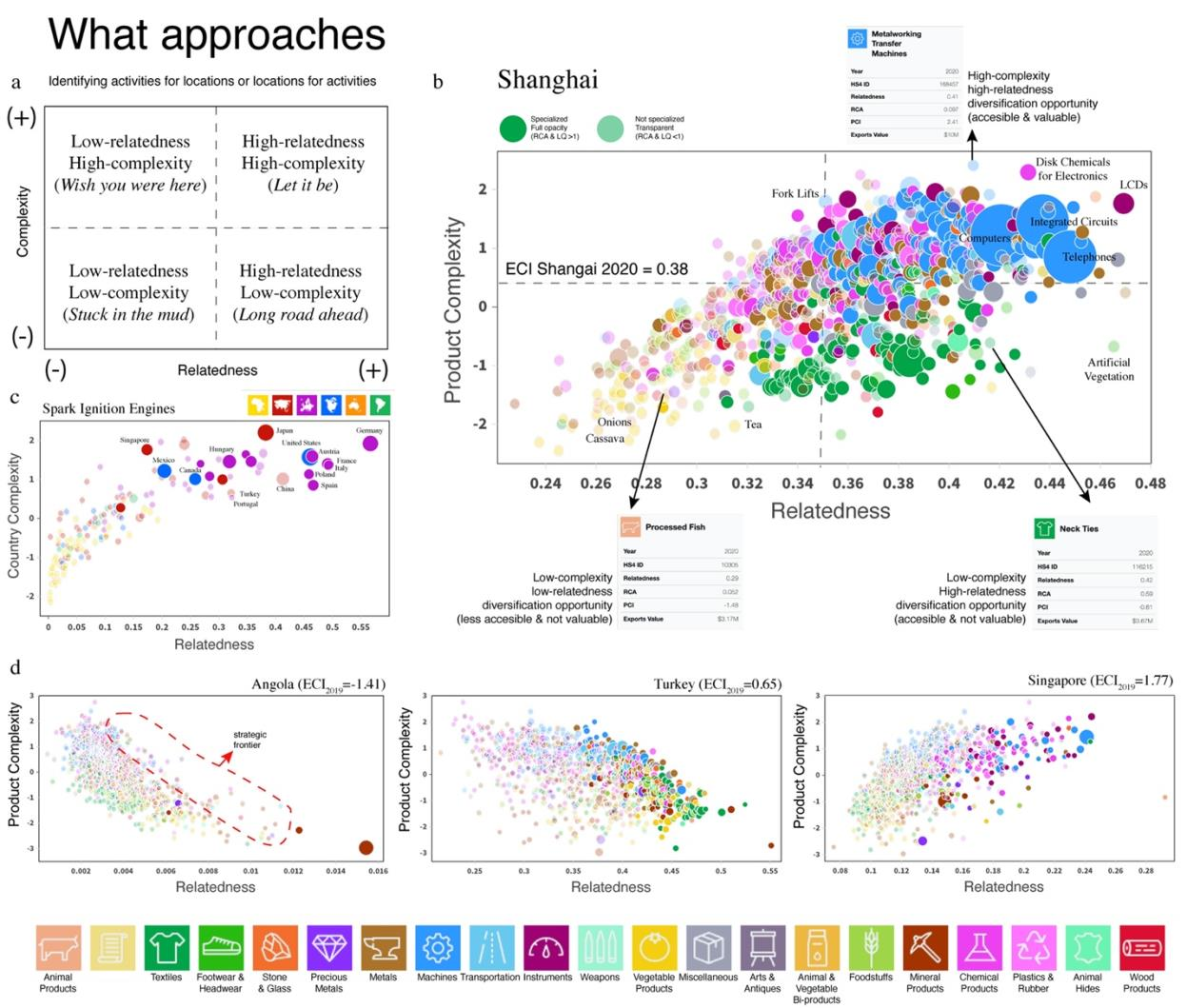In recent years economic complexity has grown into an active field of fundamental and applied research. Yet, despite important advances, the policy implications of economic complexity remain unclear. Here I organize the policy implications of economic complexity in a framework grounded on 4 Ws: "what" approaches, focused on identifying target activities and/or locations; "when" approaches, focused on when to time support for developing related and unrelated activities; "where" approaches, focused on the geographic diffusion of knowledge; and "who" approaches, focused on the role played by agents of structural change. The goal of this framework is to clarify the policy implications of recent work in economic complexity and to facilitate its continued use in regional and international development efforts.
翻译:近年来,经济复杂性已发展成为基础和应用研究的一个积极领域,然而,尽管取得了重要进展,经济复杂性的政策影响仍不明确。我在这里将经济复杂性的政策影响组织在一个以4个Ws为基础的框架内:“什么”方法,侧重于确定目标活动和/或地点;“何时”方法,侧重于为开展相关活动和不相关的活动提供时间支持;“何处”方法,侧重于知识的地理传播;“何方”方法,侧重于结构变革的推动者所发挥的作用。这一框架的目标是澄清经济复杂性方面近期工作的政策影响,并促进其在区域和国际发展努力中的持续使用。








